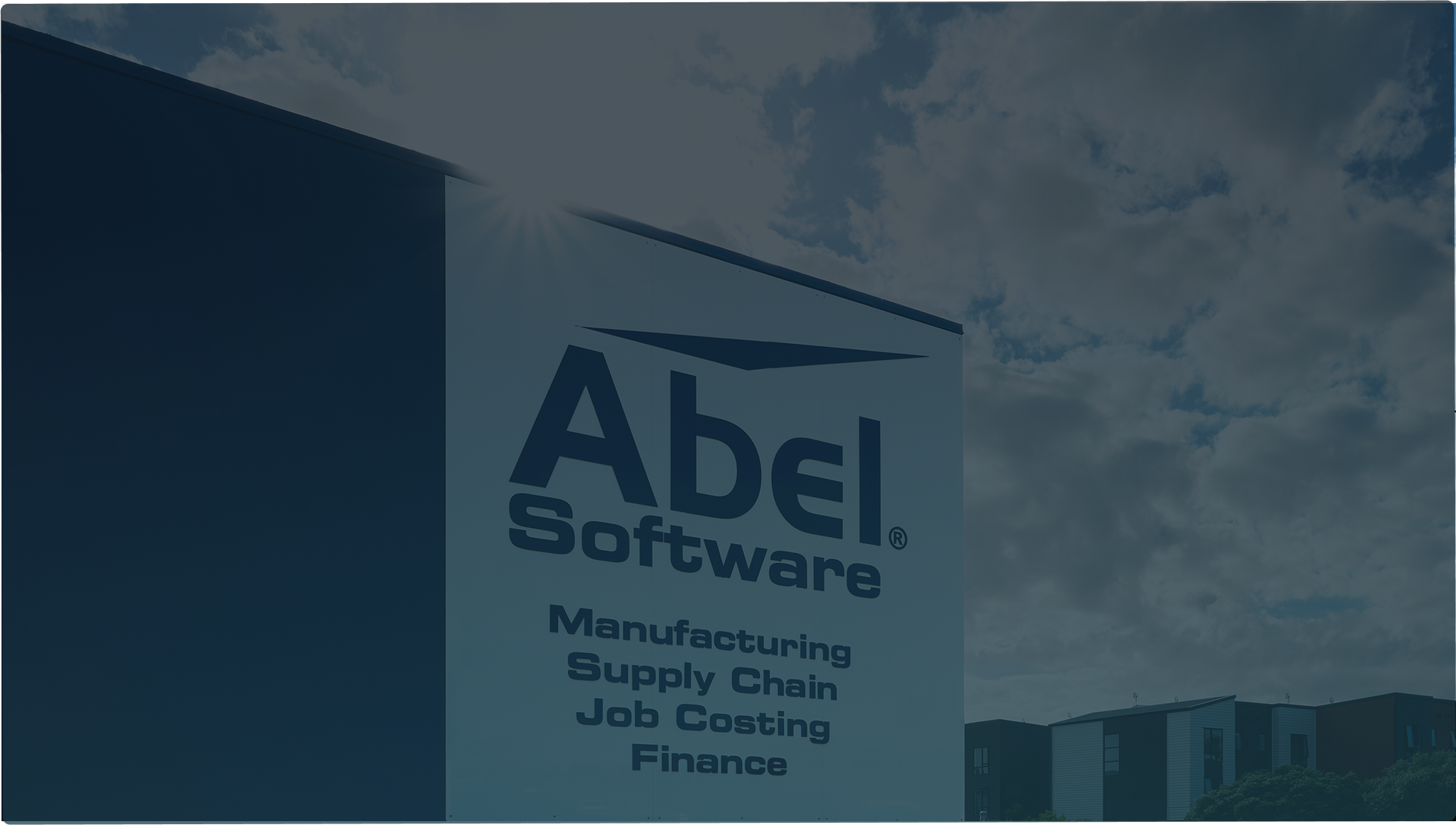If you would prefer to listen to the audio version of this blog, use the media player below.
With significant changes to Microsoft’s BizTalk product, leading companies like Foodstuffs and Qube have updated their approach to supply chain data exchange and adopted a managed service solution.
BizTalk is an application integration platform, enabling systems to send messages between each other in an XML format. Effectively it helps provide some level of automation between systems. It is a hosted, onsite EDI solution and requires a degree of expertise to manage.
Microsoft has announced that BizTalk is being retired and requested that users move over to their alternative middleware system, Azure. Many long-time BizTalk users are looking for options elsewhere that are more user-friendly, require less in-house expertise and take into account the fact that every business is unique, and may need a more customised/ business-focussed solution.
What’s key if you’re looking at a BizTalk replacement?
BizTalk, as well as some other technologies on the market, is an in-house, ‘out of the box’ integration solution. It presents a number of challenges for organisations:
- It requires in-house expertise and hardware management knowledge that is not always readily available.
- The software is flexible, but not limitless. It is created as a product to sell to a broad range of companies that have very individual needs. It may satisfy some or most of a company’s needs, but there will always be pain points. The opportunity cost is the added value that a customised solution provides.
- The cost structure can be complex. There are upfront and ongoing licensing costs, but also the often underestimated internal costs of implementing and managing the solution.
BizTalk and other ‘hosted on-premise’, ‘out of the box’ solutions can meet much of a company’s integration needs, but the real challenges are often where unique aspects of a firm’s supply chain are not taken into account. Ultimately this limits a company’s ability to respond quickly to market shifts or other dynamics that require changes to managing its supply chain.
What alternatives are there to BizTalk?
Although you can be confident you are getting an adequate solution from these well-established integration products, real gains can be made when partnering with a trusted SaaS company. They will listen to your individual business needs and take them into account when developing a solution tailored to your specific and unique business operation.
Using an integration solution provider means you can go beyond an ‘out of the box’ solution, as they take into account that your business is unique and can manage your integration while working closely with your in-house IT teams. The cost structure is also more transparent and predictable.
A fully managed SaaS solution provider can manage the entire implementation process, or work with your IT team to plan and implement an integration. They will also provide comprehensive support once up and running.
Who has made the change from BizTalk to an outsourced EDI managing solution?
Crossfire EDI has worked with a number of organisations across New Zealand and Australia that have taken the opportunity to review their supply chain integration strategy as BizTalk is retired.
Foodstuffs, a major grocery retailer with over 700 outlets in New Zealand, wanted a managed EDI solution that took into account their business needs. Crossfire EDI’s parent company Sandfield developed a fully customised customer portal for Foodstuffs, to help them deal with around 350 of their suppliers. Crossfire EDI developers were tasked with designing and implementing a new database for Foodstuffs. BizTalk has a particular way of formatting their stored data, which affects how EDI messages are processed. Crossfire EDI successfully analysed the BizTalk format in order to understand how the data was stored and worked out a way to translate this and migrate this onto Crossfire EDI.
Qube is a fast-growing and innovative supply chain solutions provider based in Australia with 6,500 staff across 125 locations. The company decided to migrate from BizTalk to a fully customised and integrated solution, with the help of Crossfire EDI. Qube realised that to achieve their goal of being “Australia’s leading provider of integrated logistics solutions” they had to partner with an integration expert. Crossfire EDI was brought onboard to come up with a holistic integration solution that stretched across Qube’s complex supply chain network.
Moving your supply chain integration strategy from a technology-driven approach with a product like BizTalk to a managed-service like Crossfire EDI is a significant decision. We understand that given the mission-critical nature of supply chain communications means that any transition must be seamless.
Crossfire EDI is large enough to offer 25+ years of experience in EDI, yet small enough to be customer-centric. This service offering includes advising, planning, development, go live and support throughout and post-implementation. We work with large, enterprise-level companies throughout the BizTalk migration process, ensuring that it runs as seamlessly as possible.
A first step is to schedule a consultation with a Crossfire EDI integration consultant to discuss your current situation. If you want to know what constitutes best practice when it comes to EDI service providers download our guide.




